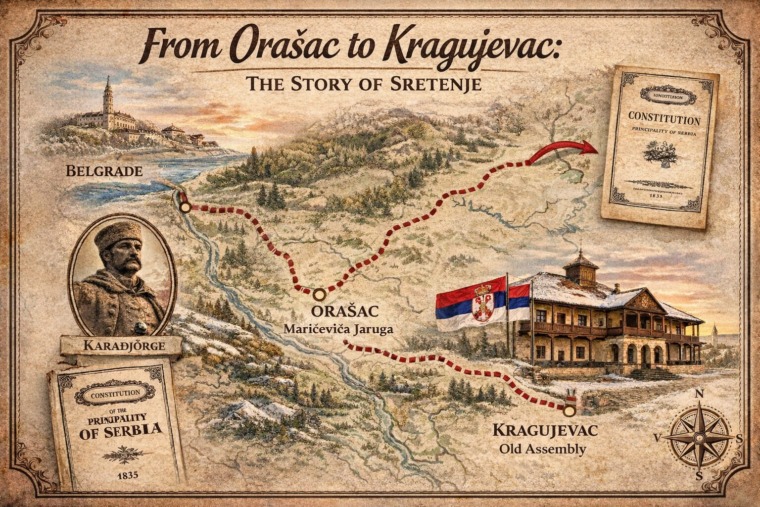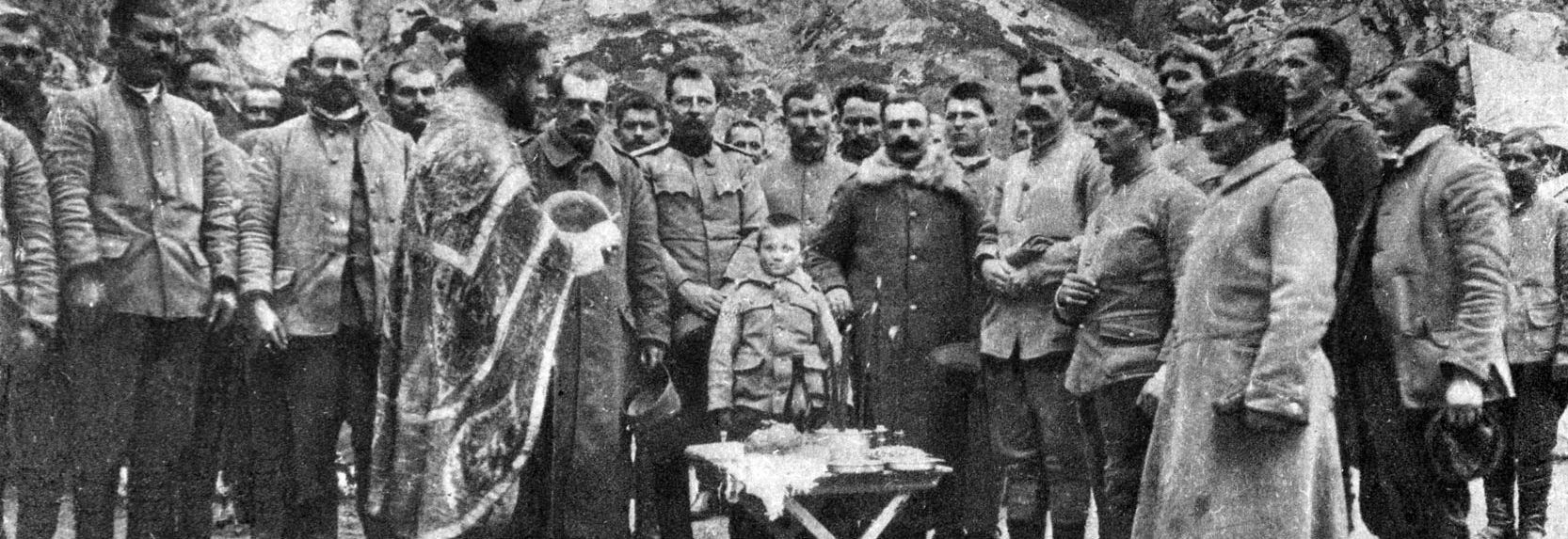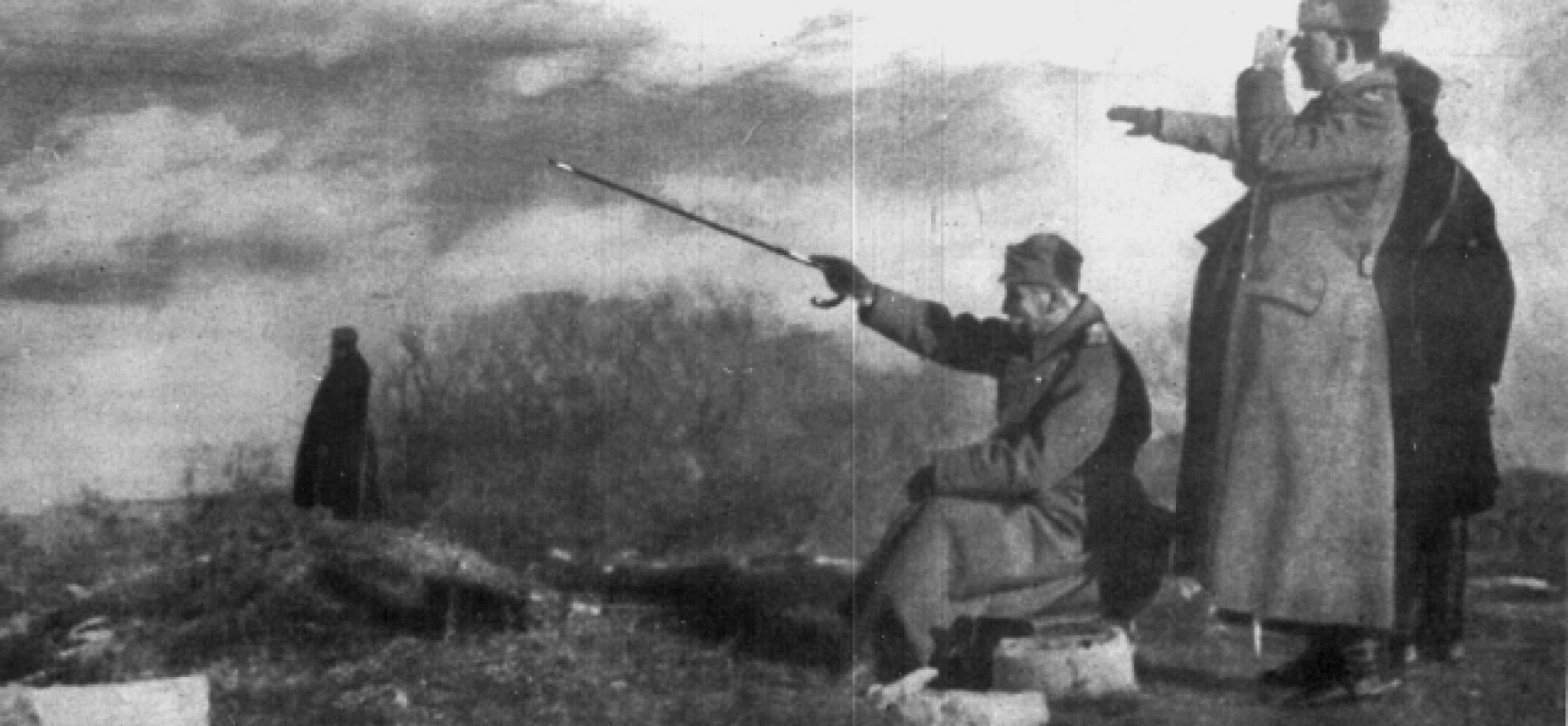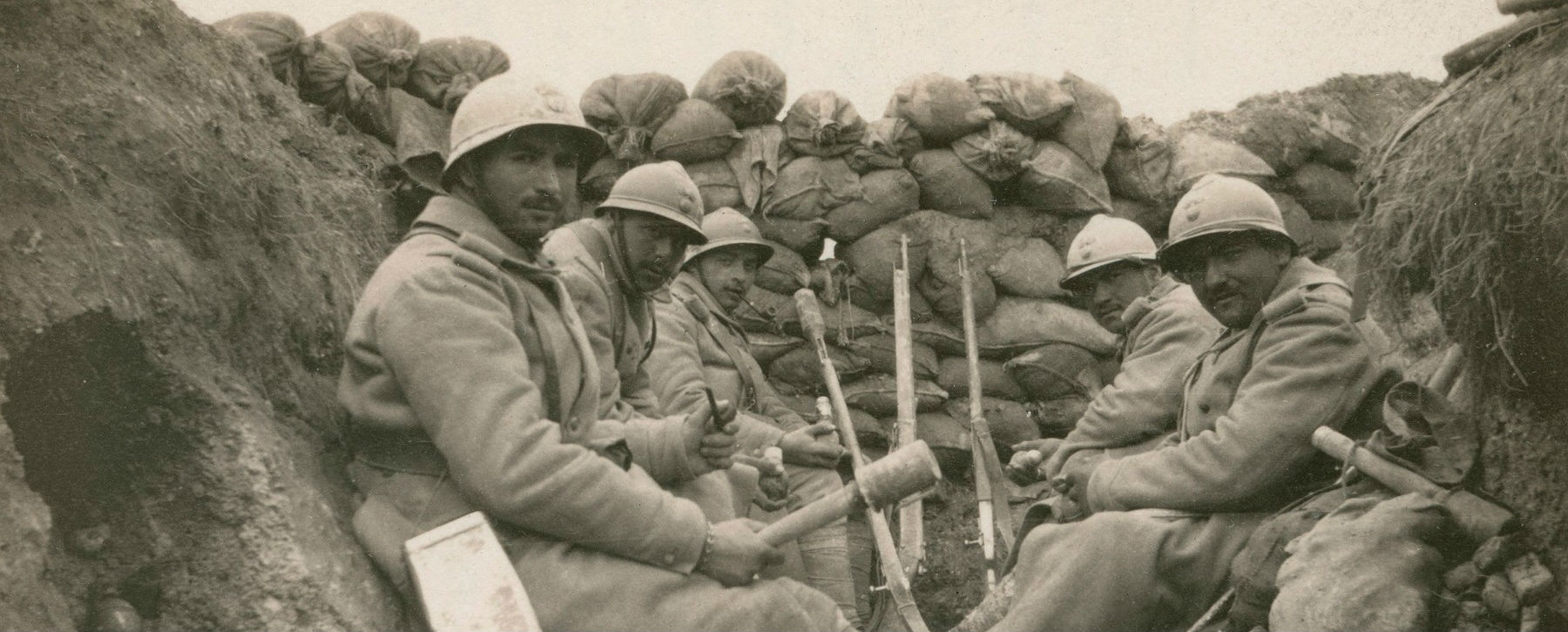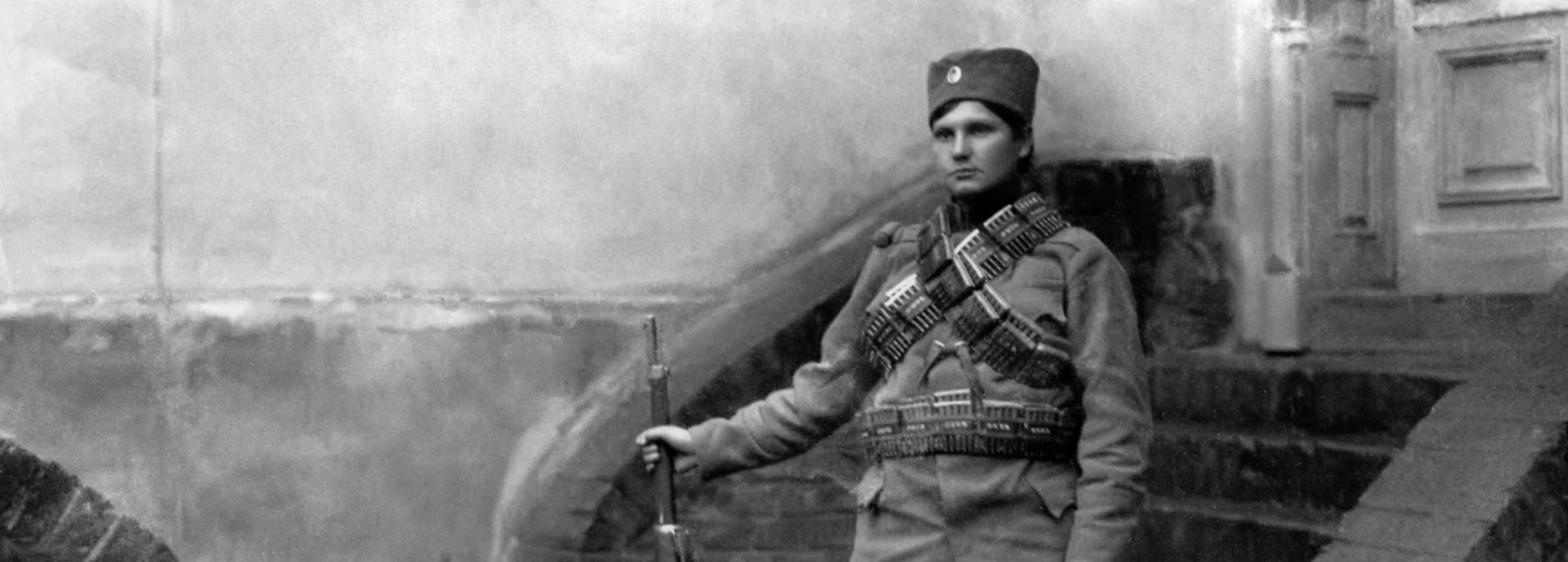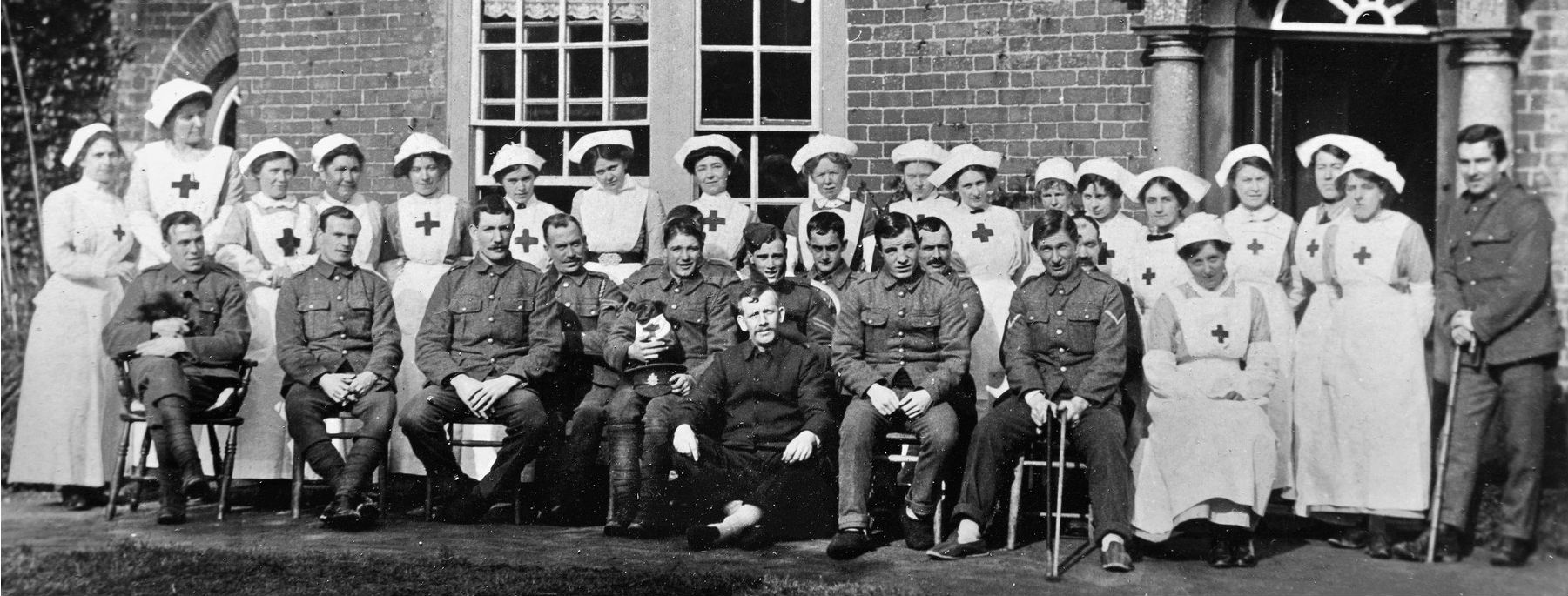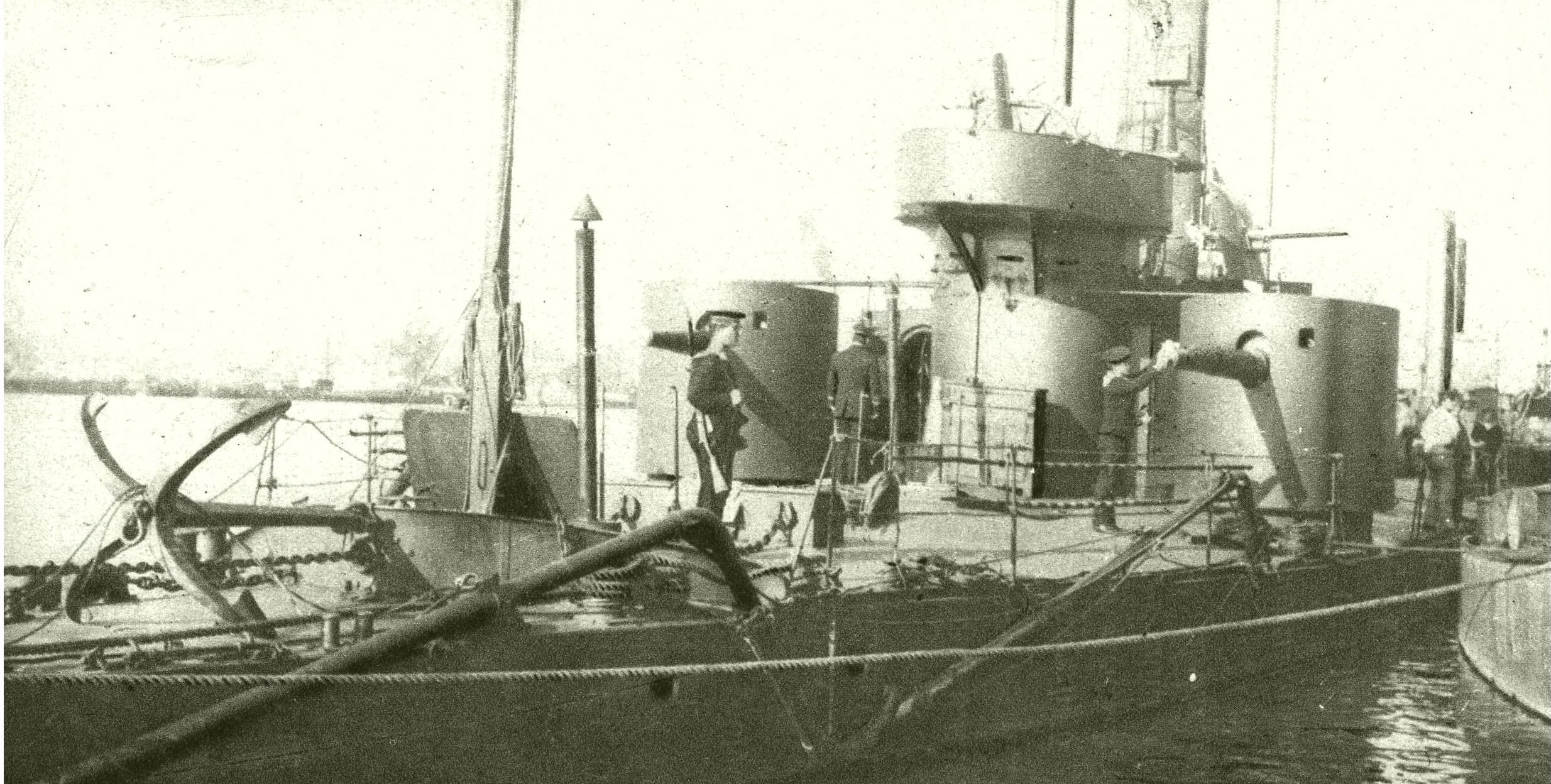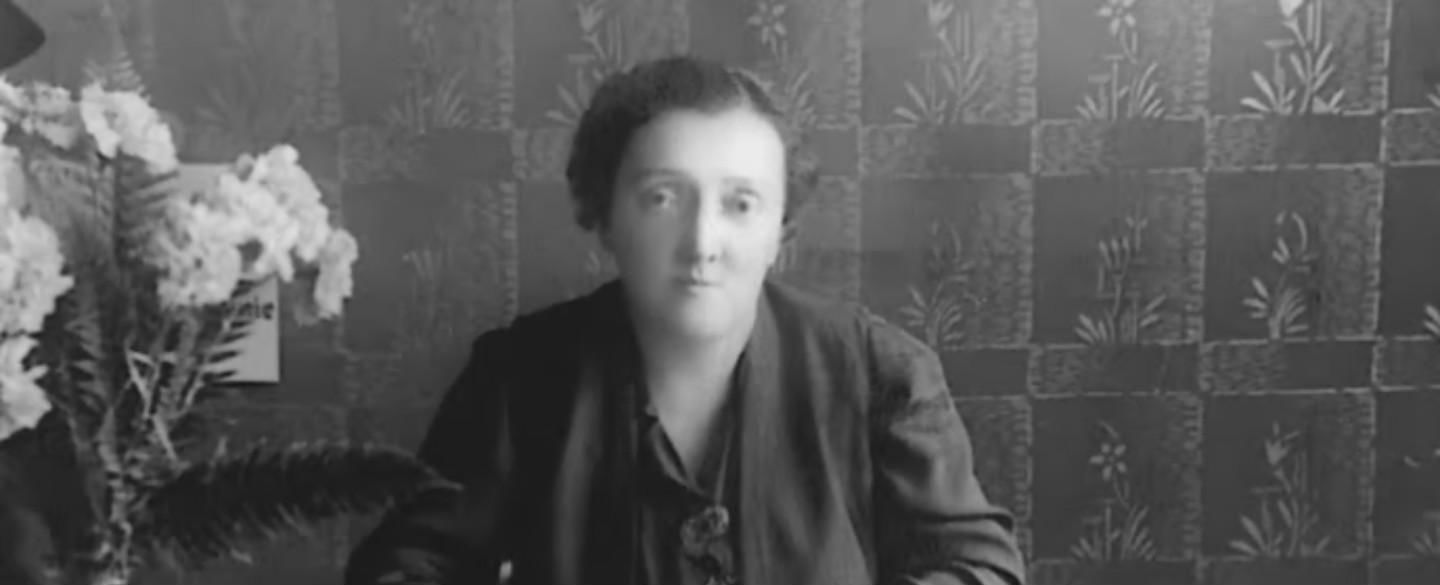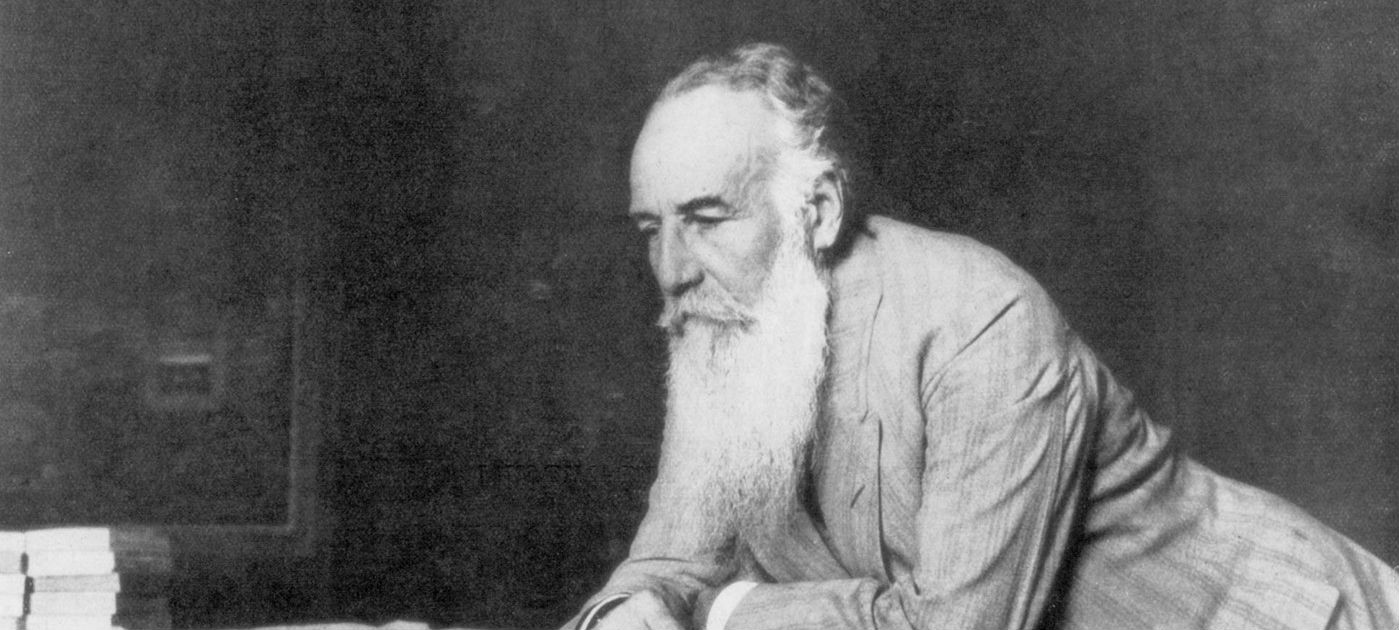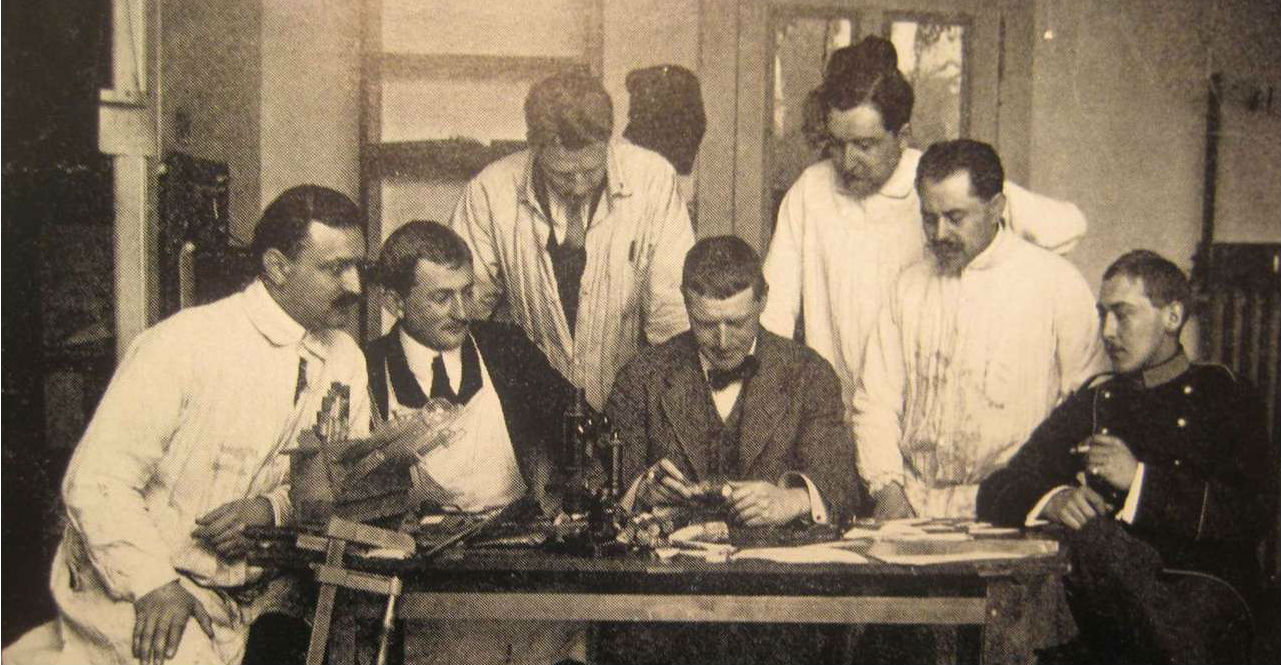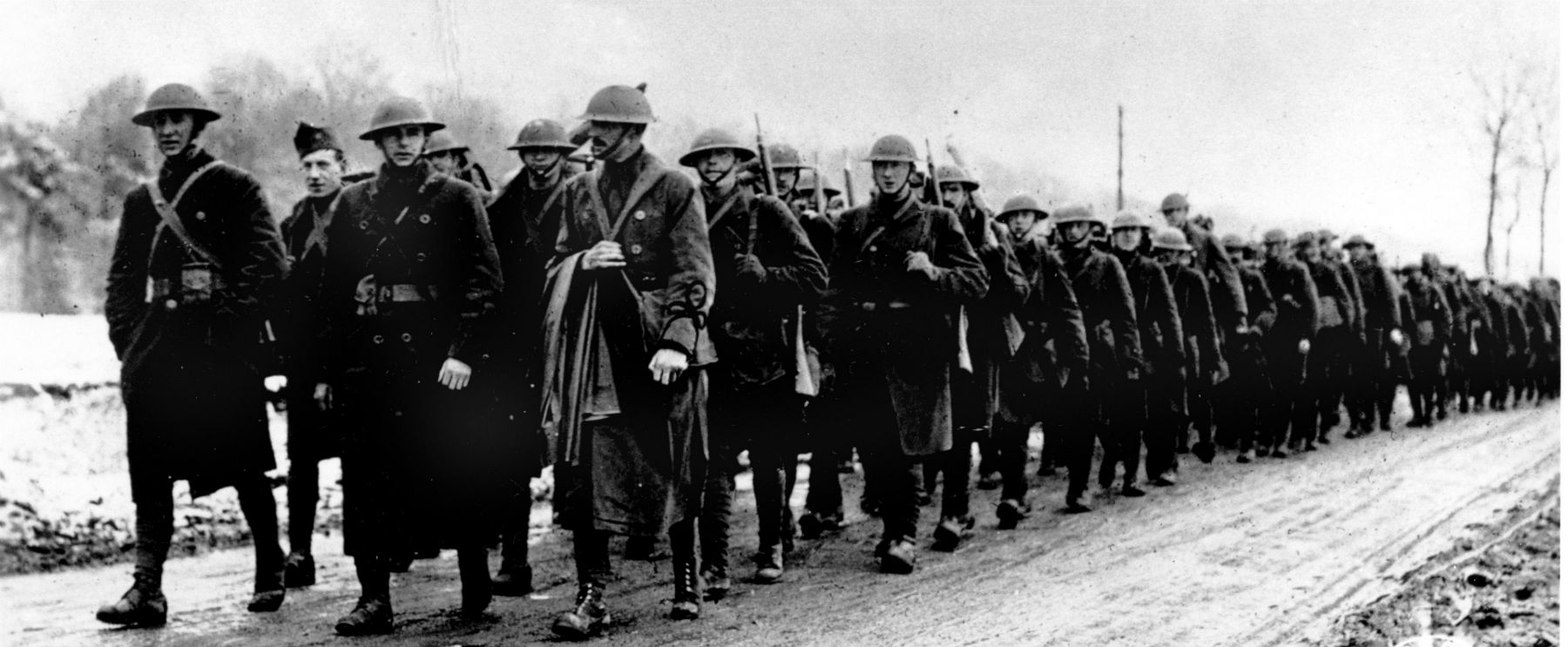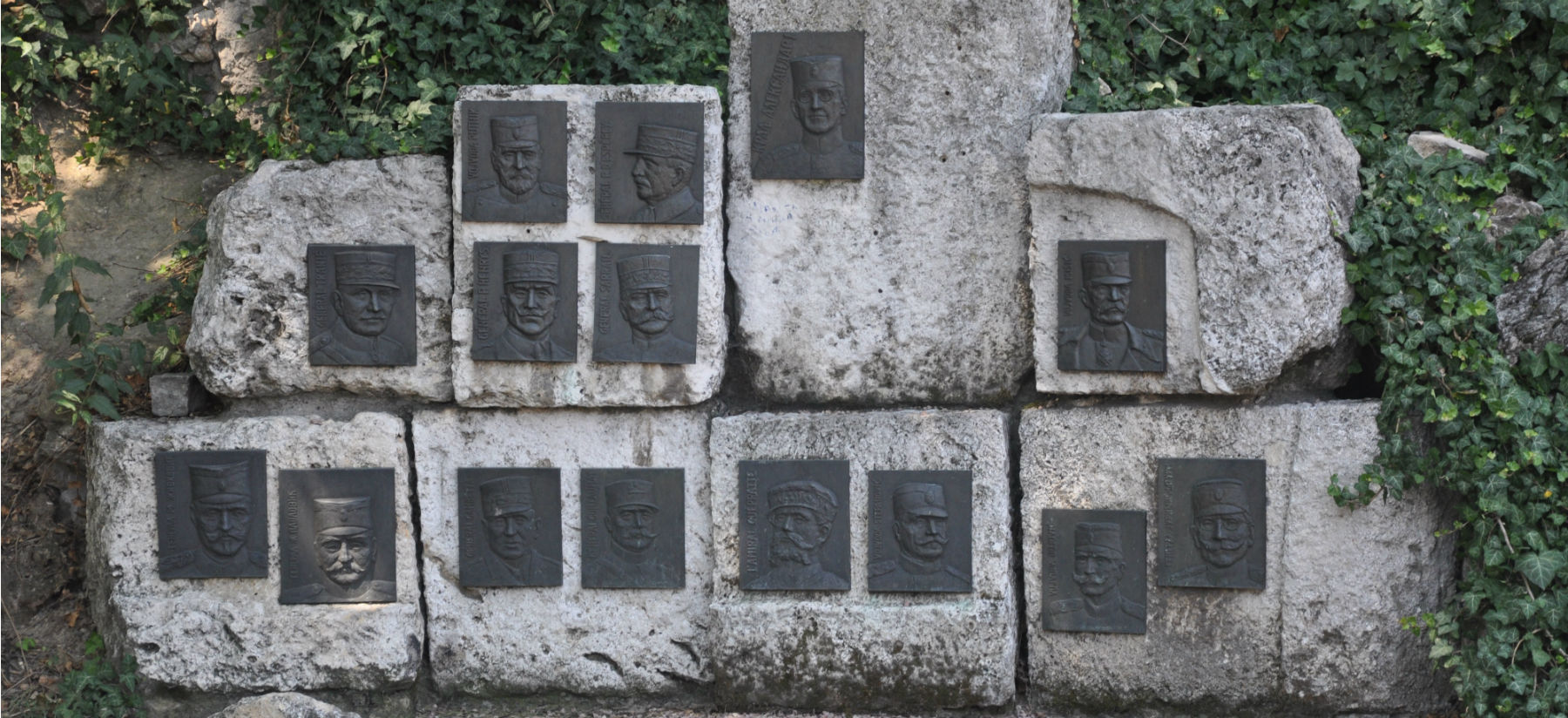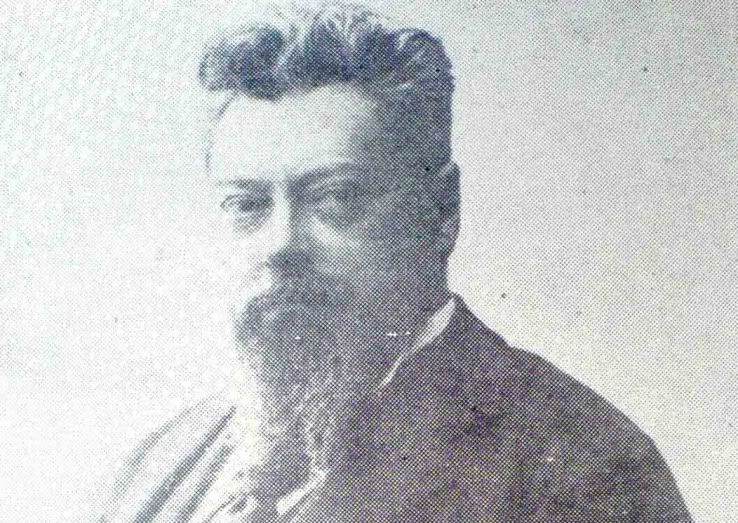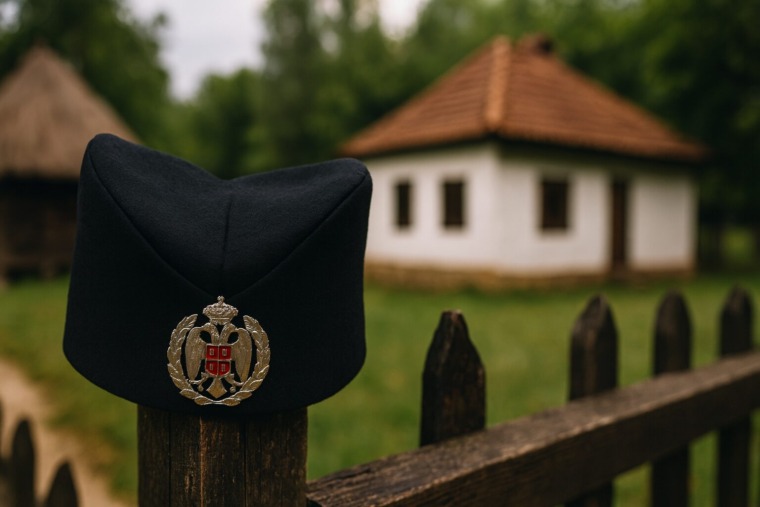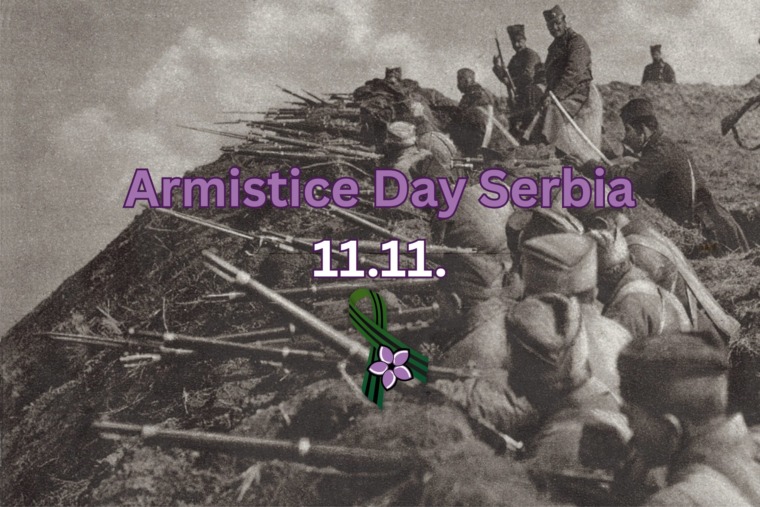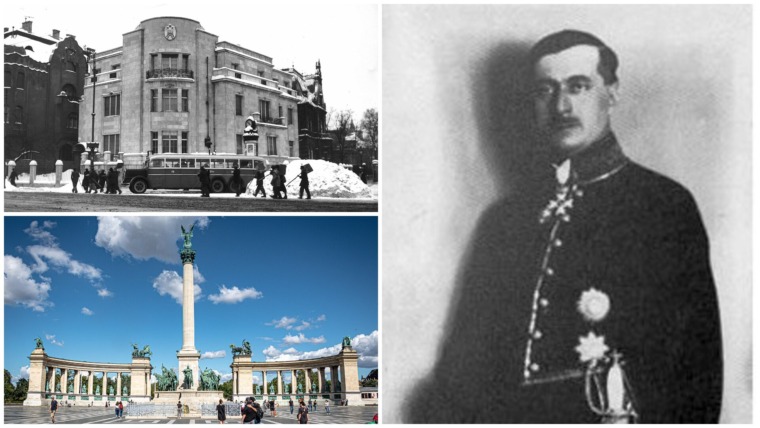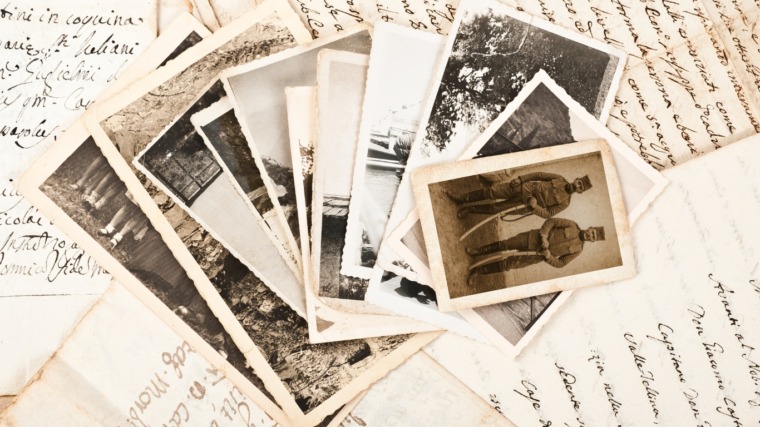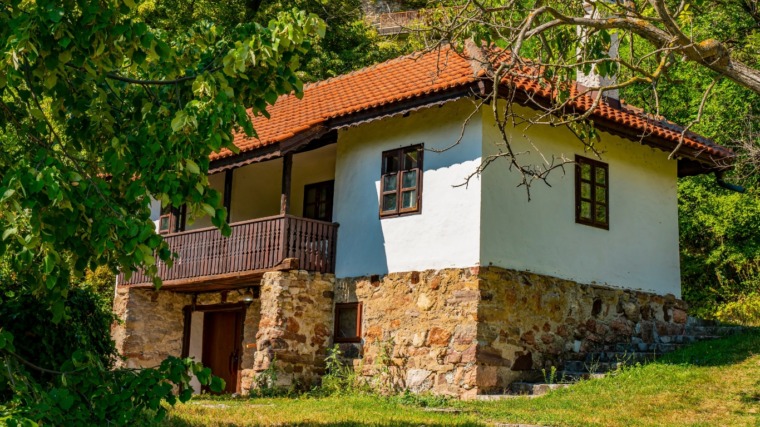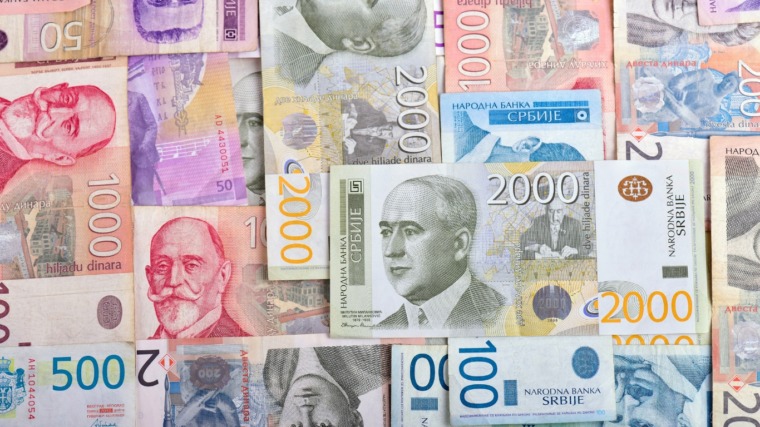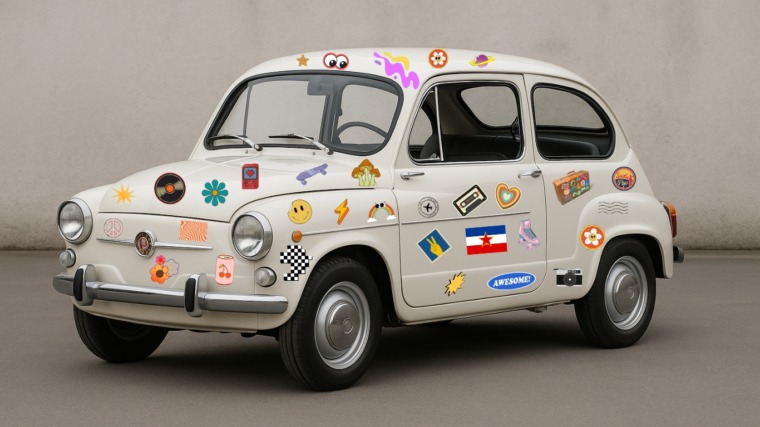The onset of World War I took his family away, and made him its youngest participant, as well as the youngest corporal in the world. Eight year old Momčilo Gavrić went through the Albanian golgotha with the Serbian army, the world admired him, and the Greeks erected a golden memorial plaque in his honour on the island of Corfu. However, the years to come did not bring peace to this little knight, which he deserved, but uncountable injustices.
At the very start of the Great War, Austro-Hungarian Monarchy concentrated the bulk of its forces at the Drina river, whose surroundings became the battlefield in the first phase of the war. During the first onslaught of the enemy, in the nearby village of Trbušnica near the town of Loznica, the whole family of the eight year old Momčilo Gavrić was killed, whereas he himself was saved by a coincidental visit to his cousin.
From this moment, the life of this boy turned into a novel that could be written only by life itself. Since the enemy had burned his house too, the little one went alone to Gučevo, in order to locate the Serbian forces and call them to avenge his brothers and sisters. The sight of the boy who lost everything shook the 6th Artillery Regiment of the Drina Division commanded by Dimitrije Tucović’s brother – the Major Stevan Tucović. He ordered for the boy to be admitted to the Division and to be allowed to shoot the cannon three times every single day, so that he could avenge his family.
Up to the end of the Great War, the little soldier did not separate from the Serbian army. He fought under its flags at the battle of Kolubara, he went through the Albanian golgotha, he survived the wounds he had sustained at Kajmakčalan, he participated in the Salonika front breakthrough, and he became the youngest corporal in the world.

When this unusual soldier was admitted to the Drina Division, the soldiers nicknamed him ”The Son of the Division”; there, he met his best friend Miloš Mišović from Zlatibor, and the two became inseparable. Later, it was said that during the Albania crossing the Zlatiborian fell in the snow from exhaustion, and told the boy to carry on and ignore him. Momčilo curled up around him and said that he would not make a step further without him. That gave Miloš strength to get up and withstand the golgotha to the very end.

The little soldier used spare time at the front to learn to write. One day, a man payed a visit to him and gave him a pocket watch and a clasp-knife. It was Doctor Archibald Reiss, the Swiss criminologist who fell in love with Serbia and fought at the front in the ranks of its army. A great benefactor of Serbian people, an English aristocrat, Lady Leila Paget, had also heard for this hero, and she called him ‘The Serbian Knight’.
At the same time, she was one of the benefactors who made possible for Serbian orphans to receive education in London, after the war. Momčilo was one of them. He was only twelve years old when the Colonel Tucović gave him the final order: to travel to London and finish the High School ”Henry Wright”.

The Life After War: Injustice At Every Turn
After he returned from London, Gavrić was taken to the site where his house was reduced to ashes, but he was unwilling to reestablish his life there. From Šabac to Belgrade, he did diverse jobs and lived peacefully until he received a conscription call in 1929.
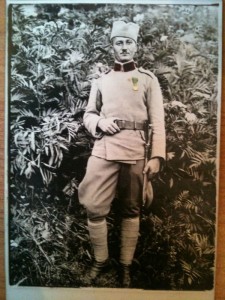
He reported at the barracks of Slavonska Požega, and said that he warred for four years, that he was wounded and that he is the holder of The Commemorative Medal for the withdrawal of Serbian army through Albania, but no one believed him. They wanted him to sign a confession that he lied, which Gavrić refused, so he was imprisoned for two and a half months.
After leaving the army, Momčilo returned to Belgrade where he learned the graphic craft, acquired driver’s license, got married, and found a job in the ”Vapa” paper factory. There he worked until the beginning of World War II, when he was drafted into the Royal Yugoslav Army in the town of Kolašin.
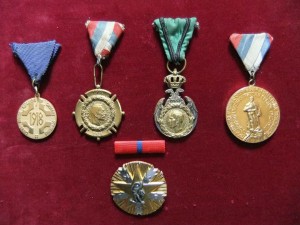
The Germans captured his regiment, but Gavrić managed to escape. He returned to Belgrade and continued to work as an assistant to a Jew who was spared by the Germans because they needed his expertise. That was until 1943. when both of them were thrown into the concentration camp at Banjica. However, Gavrić was set free after several months thanks to favoritism of the Police Superintendent.
The predicaments of Momčilo Gavrić did not stop at this point. After the camp, he was denounced for collaborationism but was saved from execution by pure luck, because a SKOJ (Young Communist League of Yugoslavia) member – to whom Gavrić had been giving precious paper during the period of occupation – recognized him.
As if that were not enough, in 1947. the activists of the ”People’s Front of Yugoslavia” knocked on his door and asked for donation for ”brotherly Albanian people”. Remembering the Albanian golgotha, and how the Albanians tortured and murdered his exhausted comrades, Gavrić declined to give any donation. Because of this, he was sentenced to one year and six months imprisonment and he never wanted to talk about the hardships that he experienced there.
In Serbia, there is so no single monument to remind us to this extraordinary hero, but the story of what the General Lepardier told him, during the President Mitterand’s 1985. medal ceremony, continues to live on: ”Too bad you weren’t a French soldier, for you would have a monument at the Champs-Élysées.” 
The article supported by The Office for Cooperation with Diaspora and Serbs in the Region.[
Related Articles

Interesting Facts About Sretenje You May Not Know
February 16, 2026